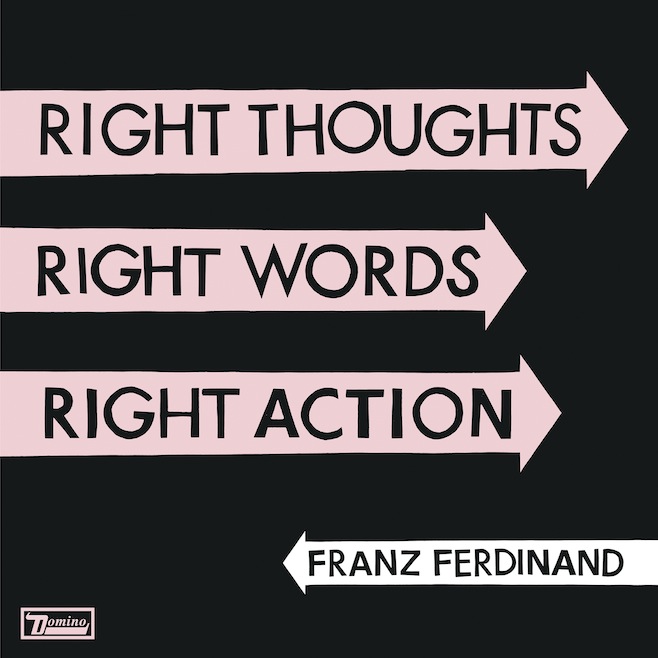Earl Sweatshirt’s back-story is a lot more well-known than his musical output, which up until now has consisted of the odd mixtape and guest verse on other Odd Future releases. I won’t bother repeating it here, but needless to say Earl has had an interesting couple of years. That isn’t particularly reflected on his debut album ‘Doris’, a record which keeps autobiography to a minimum. Instead, Earl raps in a type of stream of consciousness style, putting obscure images together to achieve maximum sensatory thrill. Don’t worry about the meaning, just let the syllables clash into you, let the internal rhymes grind against each other, let the intense and often vile language kick against your better judgment.
‘Doris’ is endlessly quotable, but read off the page the words can’t hope to carry the same power. Case in point: ‘Momma was often offering peace offerings, wheeze, cough, scoffing nd he’s off again.’ On page, it’s technically all over the place, almost childish in its enthusiasm for rhyme, rash and impulsive and probably unedited. Earl makes it work. He drizzles the words out in a deceptively lethargic way. The power is in the words, not necessarily in the way he delivers them (although his casual delivery has its charms as well). Ultimately his flow is stupidly impressive; he’s one of the most distinctive new voices of recent years.
And that is unashamedly the central focus of ‘Dorus’, for better or worse. His rhymes take centre stage, and every thing else takes a back seat. Beats, melodies, production – even Frank Ocean and Tyler the Creator. It’s just as well really; his raps are so intense that if any other element tried to be as in your face it would make for an overwhelmingly busy album. As it is, ‘Doris’ is made up of the unshowy beats and sinister synths that Odd Future have made their name on. But the production is easily the most regressive thing about ‘Doris’; two years on from Tyler’s excellent ‘Goblin’ and Earl’s own self-titled mixtape, it sounds like they’ve run out of fresh ideas on the production side of things. It’s what prevents ‘Doris’ from being a great record. So while Earl is a more interesting and imaginative rapper than say Kendrick Lamar, A$AP Rocky or Chance, he makes very hard work of it, and ‘Doris’ is a lot less enjoyable than recent releases by those artists.
But what it lacks in musical hooks it makes up for with some of the best rapping you’ll hear this year. At the heart of the album is ‘Chum’, the most personal song on the record, in which Earl discusses his relationship (or lack thereof) with his father, his friendship with Tyler and his own personal demons. It’s here where he hits upon an evident truth; ‘I’m indecisive, I’m scatterbrained and I’m frightened.’ That’s basically Earl in seven words, and that’s what comes across in spades here.
Of course, Odd Future made their name on homophobic, misogynistic rape rap and for the most part Earl avoids all that here. He gets personal. Then on ‘Whoa’ Tyler stops the beat to say ‘Nahh, no, nahh, nahh, fuck that. Niggas think cause you fucking made “Chum” and got all personal that niggas won’t go back to that old fucking 2010 shit about talking ’bout fucking everything…all. No, fuck that nigga, I got you. Fuck that.’ Earl then proceeds to rap about flicking cigarette ash at ‘bitches’, eating hash, smoking bongs, smacking up little rappers, and using used syringes. His tongue cuts like barbed wire and that’s the point. He is scatterbrained, he is indecisive and at times he’s frightened, but he’s also still a kid, and a troublemaker, and he’s provocative and contrary. If ‘Doris’ is a sign of things to come then expect the unexpected from America’s most talented young rapper.
7.5/10


